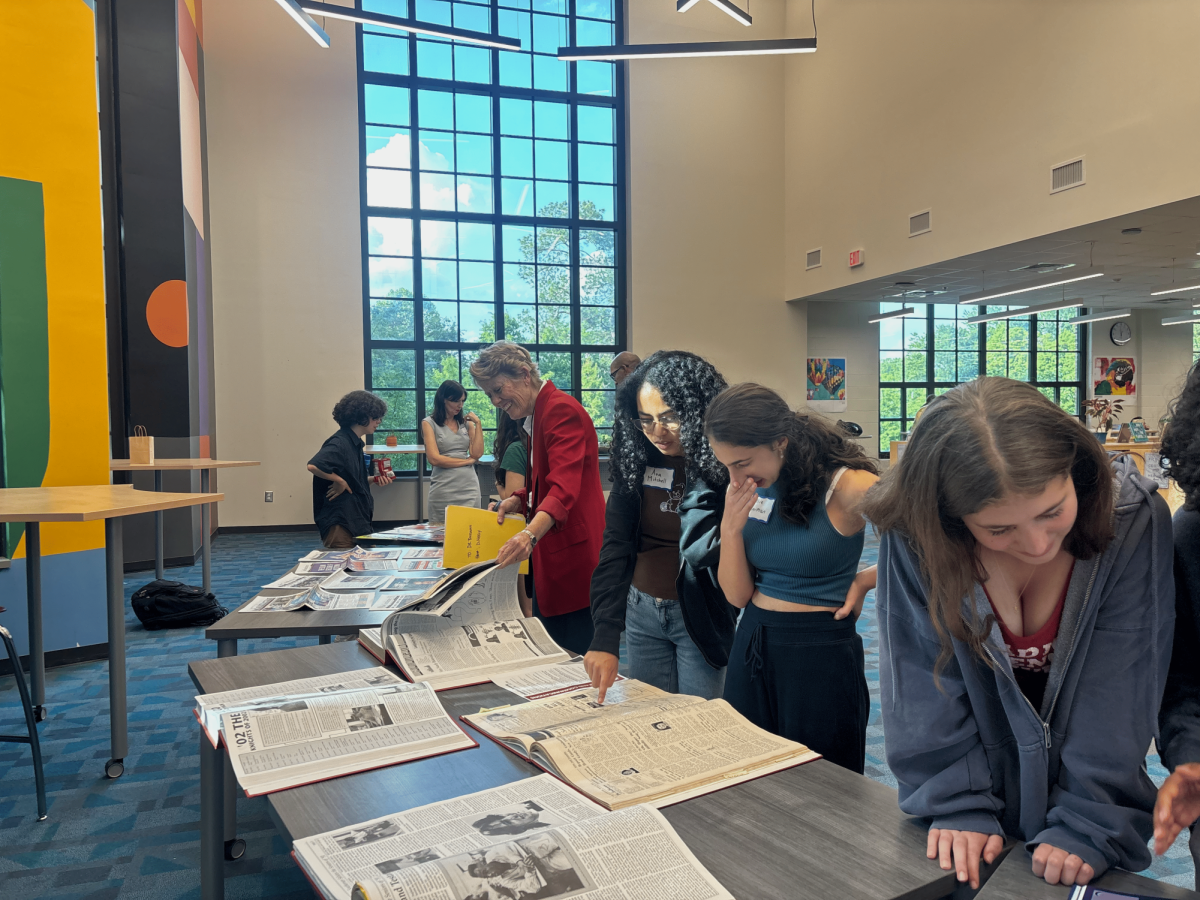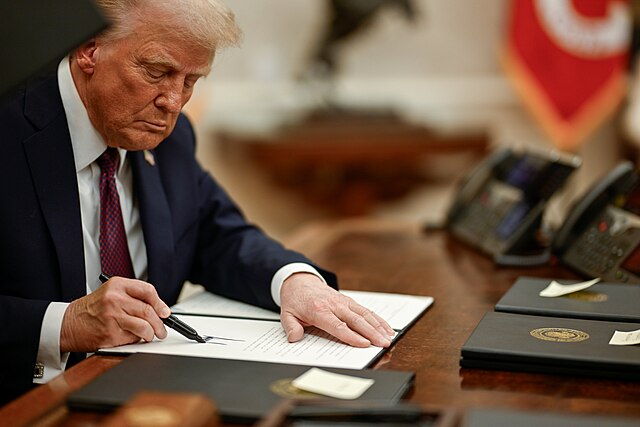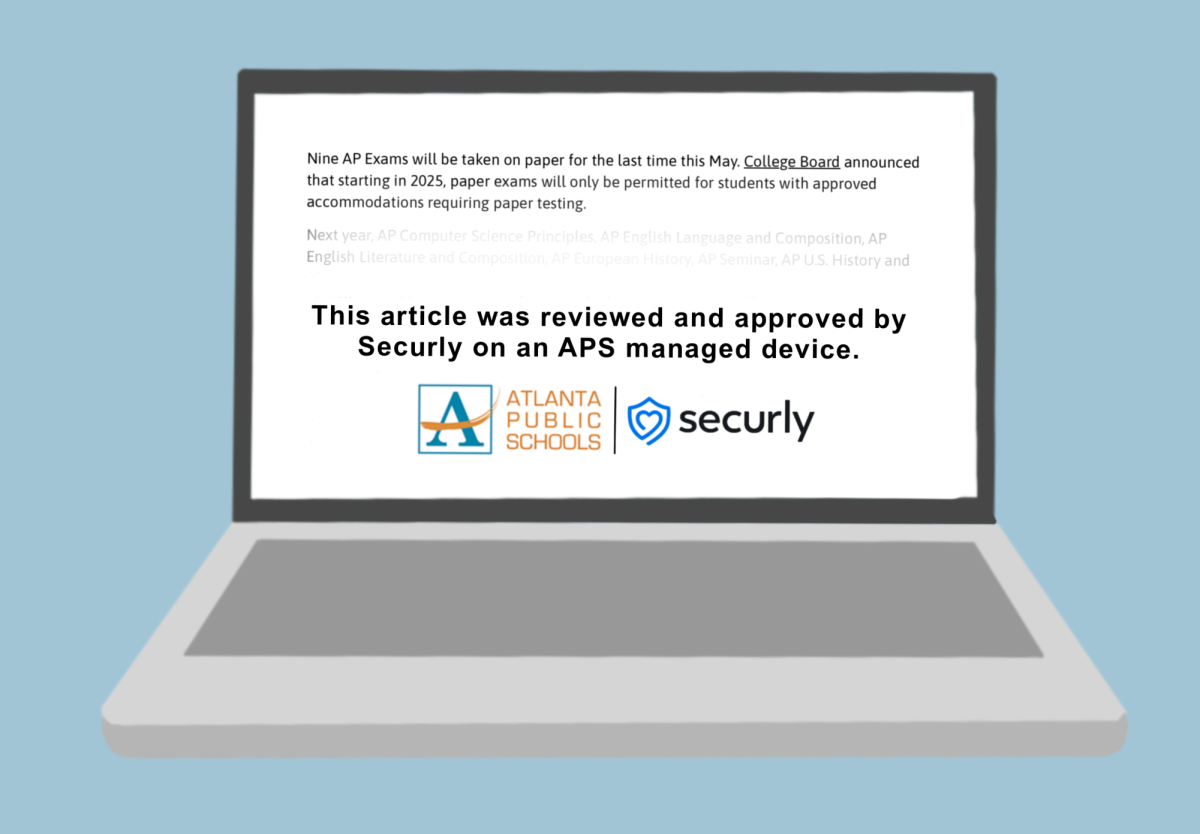Most of our parents have always stressed the idea that first impressions are extremely important. As we get older, this advice manifests into telling us how to dress for interviews, properly shake hands and make sure our manners are up to par.
However, first impressions go far beyond these basic societal customs. At the beginning of the school year, students can immediately tell how the year is going to go with their teachers based on the first few weeks of classes.
Four days into Dr. Bestsy Bockman’s tenure, she began enforcing Atlanta Public Schools’ attendance policy, in which tardy students have to go to the attendance office to get a late pass before eventually proceeding to their classes. Students were told they will receive a detention for coming to school late twice in five days and an in-school suspension for being late to class one more time in five days. Although the lines extended throughout the cafeteria during the first few days, the average number of first period tardies decreased within a week.
With the threat of detention, it seems that students are either leaving their houses earlier or entirely skipping first period. Even though this is an understandably unpopular policy among tired students, the numbers show that the APS policy gets the intended results.
The attendance policy is a stark contrast from the relaxed approach to attendance students were used to prior to Dr. Bockman’s arrival, and students needed time to adjust to the changes. Dr. Bockman has also implemented a stricter cell phone policy that follows APS guidelines.
On Sept. 15, students were informed that their cell phones and other personal electronics must be put away at all times during the day, except for their lunch period. Teachers are required to confiscate phones if they see them after one warning. While this is also the APS policy, it’s quite a jump from the previously relaxed cell phone rules that most teachers employed within their classrooms. The criticism that immediately followed this policy should have been expected from Snapchat-addicted high schoolers, but it faded after we had time to get used to the new standards.
The policies were unclear at first. Many students didn’t know that tardies reset after five days, some teachers were told that it is a 10-day policy, and others were told that it didn’t reset at all. When students received a form requiring their cell phone serial number, it was lost in translation what exactly would happen if they had their cell phones out. Once these rules got straightened out, it was easier to come to terms with the changes.
The rules Dr. Bockman has implemented aren’t revolutionary; they’re simply APS policies. She’s unlikely to tighten restrictions on any other aspects of student life, such as the dress code. Despite a polarizing first impression, Dr. Bockman’s emphasis on attendance and cell phone usage gets results. She should make an effort to make sure students understand exactly which changes are happening.
With such a dramatic turnover from the formerly relaxed attendance and cell phone policies, students simply need time before adjusting their first impression to fit the reality of the situation.
We hope that as Dr. Bockman continues the year as Grady’s principal, she will be able to familiarize herself with the student body and show that students feel their opinions are valued within their academic institution and by their instructors and administrators.












